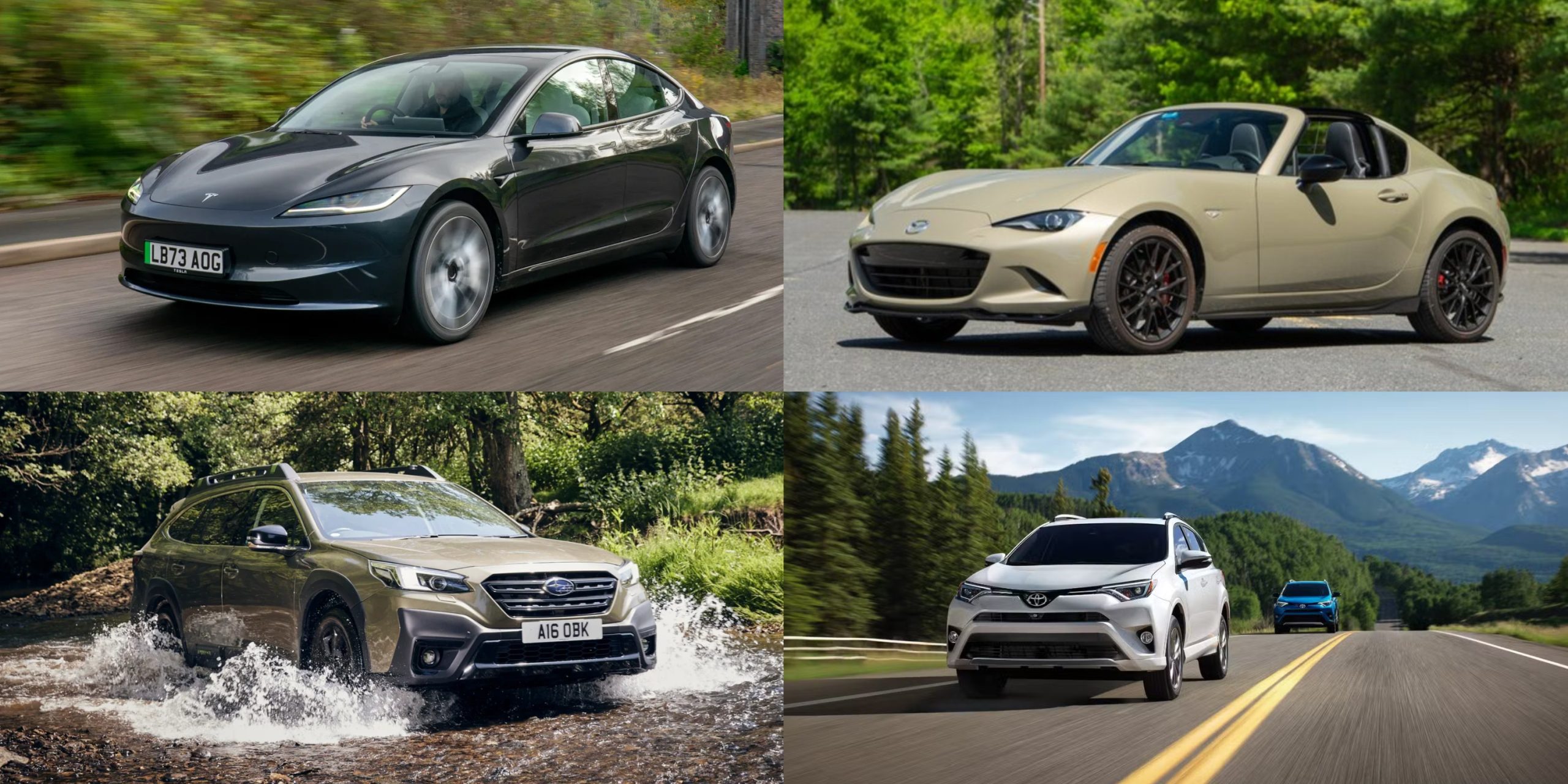As the digital nomad lifestyle continues to gain popularity, more people are choosing to trade in their office desks for a life of remote work and travel. Whether you’re a freelance designer, a software developer, a content creator, or simply someone with the freedom to work from anywhere, the appeal of hitting the road with a laptop and Wi-Fi hotspot is undeniable.
But while the fantasy might involve beautiful scenery and cozy van setups, one of the most overlooked aspects of this lifestyle is choosing the right vehicle to support it. The car you choose isn’t just a way to get from point A to point B—it becomes your mobile office, your shelter, your storage, and in many cases, your home away from home.
For digital nomads, a good vehicle is a reliable companion. It needs to offer comfort for long drives, space for working and storing gear, fuel efficiency for extended trips, and tech compatibility for digital productivity.
Some may even look for vehicles suitable for overnight stays, with fold-flat seats or the ability to be converted into a micro-camper.
For others, all-wheel-drive or off-road capabilities might be essential for reaching remote work destinations. All of these factors must be carefully balanced with cost, maintenance, and practicality.
After all, breaking down in the middle of nowhere isn’t just an inconvenience—it can be a major disruption to your work and safety.
Conversely, not all vehicles are suited to the digital nomad lifestyle. Some cars, while stylish or powerful, fail to meet the basic needs of life on the road.
Lack of space, poor fuel economy, unreliable mechanical performance, or excessive maintenance costs can turn the nomadic dream into a frustrating experience. That’s why it’s just as important to understand which vehicles are not worth the hassle as it is to know which ones are ideal.
In this article, we’ll explore 5 cars that are perfect for digital nomads, followed by 5 that aren’t worth the effort. Whether you’re gearing up for your first road-based adventure or looking to upgrade your current setup, this guide will help you make an informed and practical choice.
Also Read: 5 Cars With Legendary Longevity and 5 That Fall Apart Early
5 Cars That Are Perfect for Digital Nomads
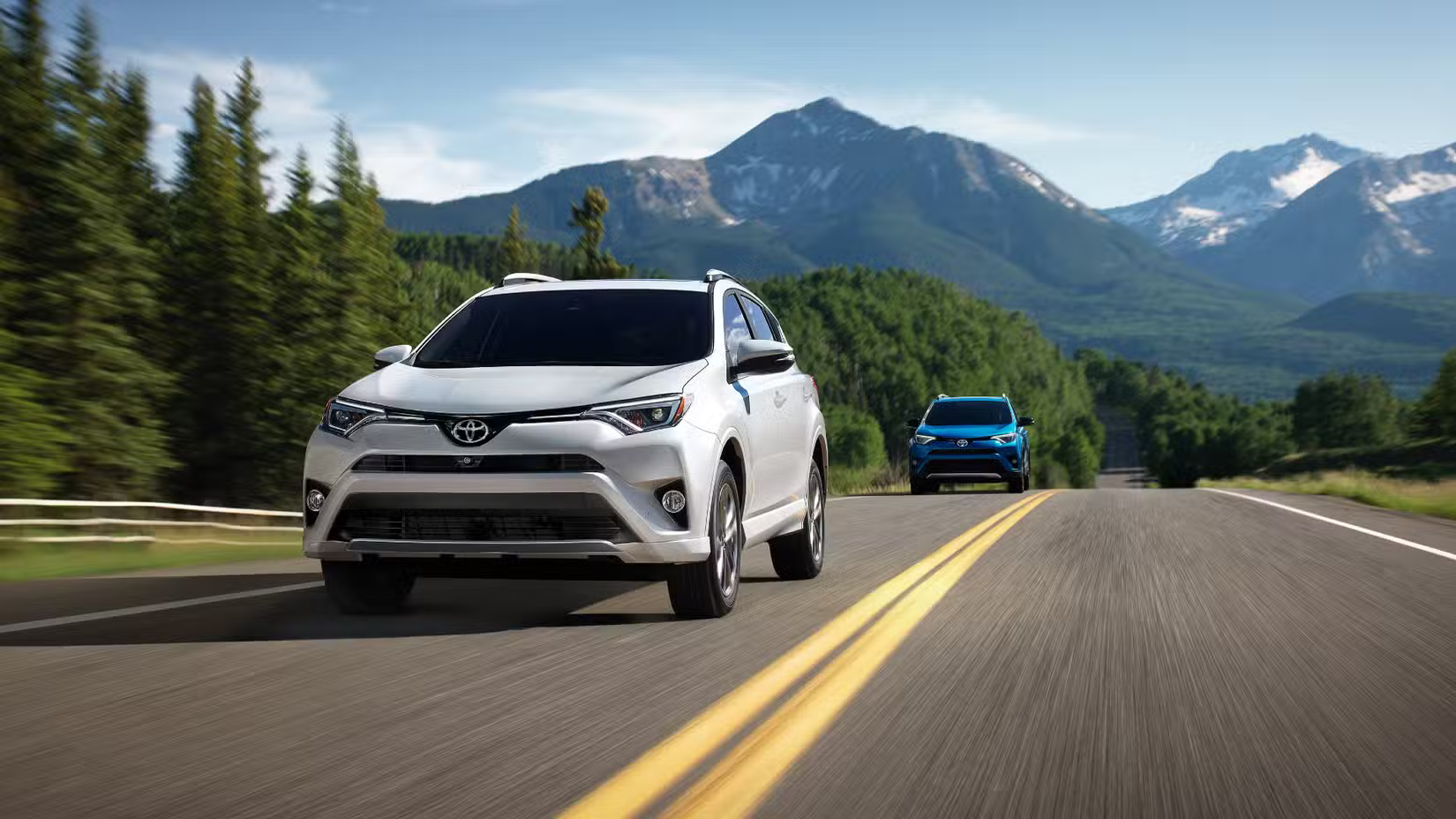
1. Toyota RAV4 Hybrid
The Toyota RAV4 Hybrid is a top choice for digital nomads thanks to its exceptional blend of reliability, fuel efficiency, and functionality. This compact SUV offers plenty of cargo space for gear, a comfortable cabin for long drives, and one of the best reputations for longevity and low maintenance.
The hybrid powertrain means you’ll get excellent gas mileage, perfect for long-distance travel where gas stations can be few and far between. Averaging around 40 MPG in combined driving, this SUV reduces both fuel costs and your environmental footprint.
Its all-wheel-drive capability also makes the RAV4 Hybrid ideal for adventuring off the beaten path. Whether you’re driving through snowy mountain passes or desert backroads, this vehicle handles rough terrain with ease.
Toyota’s safety and tech features, such as adaptive cruise control, lane assist, and a user-friendly infotainment system with Apple CarPlay and Android Auto, keep you safe and connected on the go. The cargo area can even fit a twin mattress with the back seats folded down, allowing occasional car-camping if needed.
For nomads who want a “plug-and-play” lifestyle vehicle that doesn’t require heavy customization, the RAV4 Hybrid is as close to perfect as it gets. It offers the right combination of affordability, utility, and comfort, without sacrificing the ability to be productive on the road.
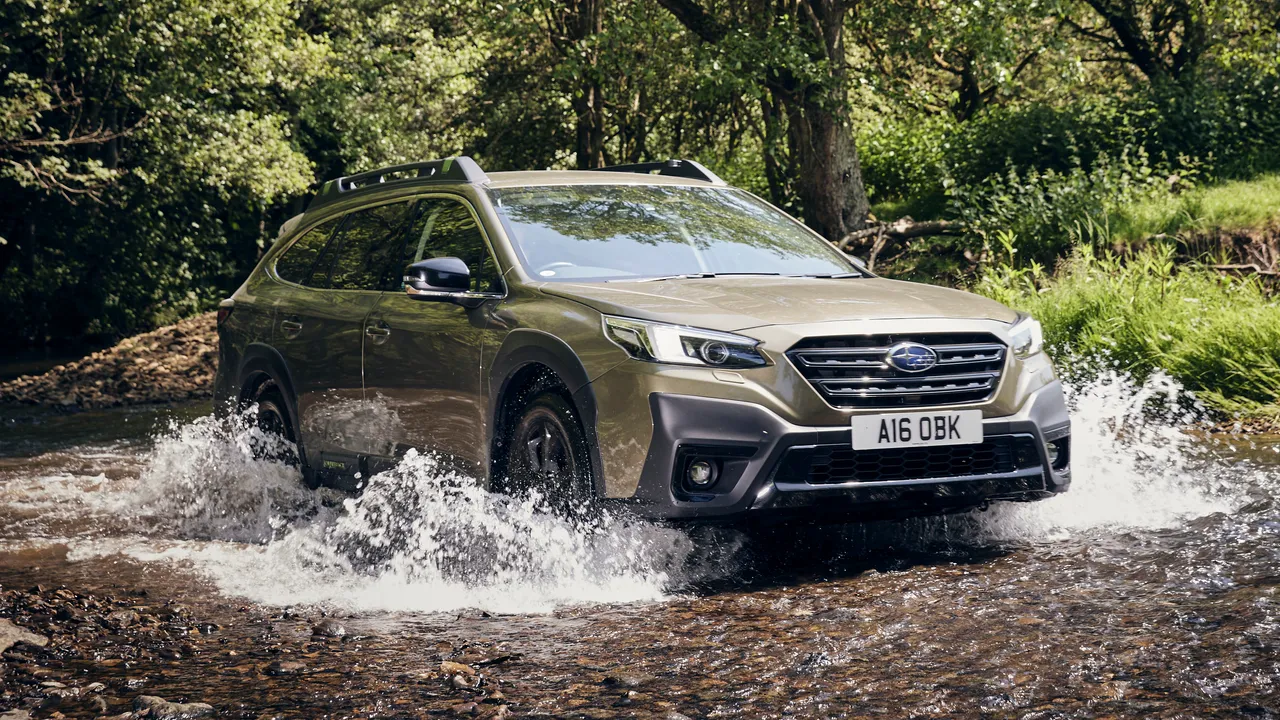
2. Subaru Outback
The Subaru Outback is practically built for modern nomads. Known for its rugged build and standard all-wheel drive, the Outback combines the capability of an SUV with the drivability of a wagon.
It has a spacious and comfortable interior that makes long hours behind the wheel much more bearable. But what really makes the Outback stand out is its ability to go just about anywhere while keeping you and your gear safe and secure.
Digital nomads who venture into rural or mountainous areas will appreciate the Outback’s high ground clearance and stable traction. It’s also a top choice for those interested in minimalist car camping.
With the rear seats folded, there’s enough flat space to sleep, set up a mini-desk, or store camera gear, laptops, and other essentials. Subaru’s EyeSight safety suite, plus built-in Wi-Fi capability on some models, adds to the appeal for remote workers who need both reliability and digital access.
Another bonus is Subaru’s reputation for longevity. It’s not uncommon for Outbacks to exceed 200,000 miles with proper maintenance, which makes it a solid investment for people who are constantly on the move. Whether you’re working from the beach or deep in a national park, the Outback is one of the most balanced vehicles for life on the road.
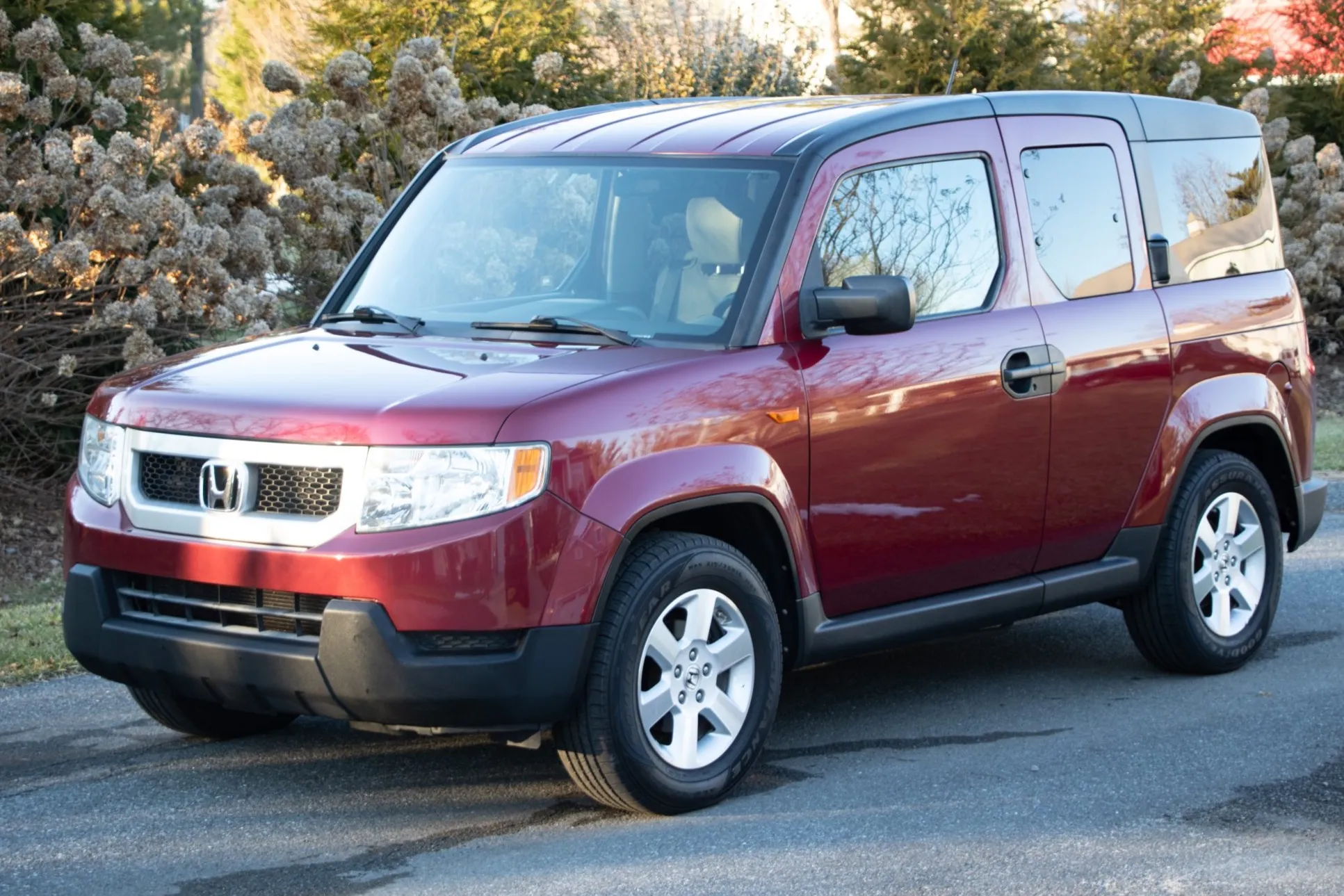
3. Honda Element
Although it’s no longer in production, the Honda Element is a cult favorite among van-lifers and digital nomads, and for good reason. With its boxy design and rear swing-out doors, the Element maximizes interior space and flexibility.
It was practically made for customization. Many owners have converted their Elements into full-on micro-campers complete with beds, kitchenettes, and storage drawers. The back seats are removable, opening up a large and completely flat space that’s ideal for sleeping or installing a mobile workstation.
Its rubber floors and water-resistant materials mean you don’t have to worry about dragging in mud or spilling your morning coffee. Plus, it’s compact and easy to drive, even in urban areas where larger vans or trucks can be a hassle. Though the Element isn’t the most fuel-efficient or high-tech vehicle, it offers something more important for a nomadic lifestyle: simplicity and adaptability.
Used Elements are still widely available, and there’s a massive online community dedicated to building them out for van life. If you’re a DIY-minded digital nomad who wants to create your own personalized mobile workspace, the Honda Element is worth tracking down.
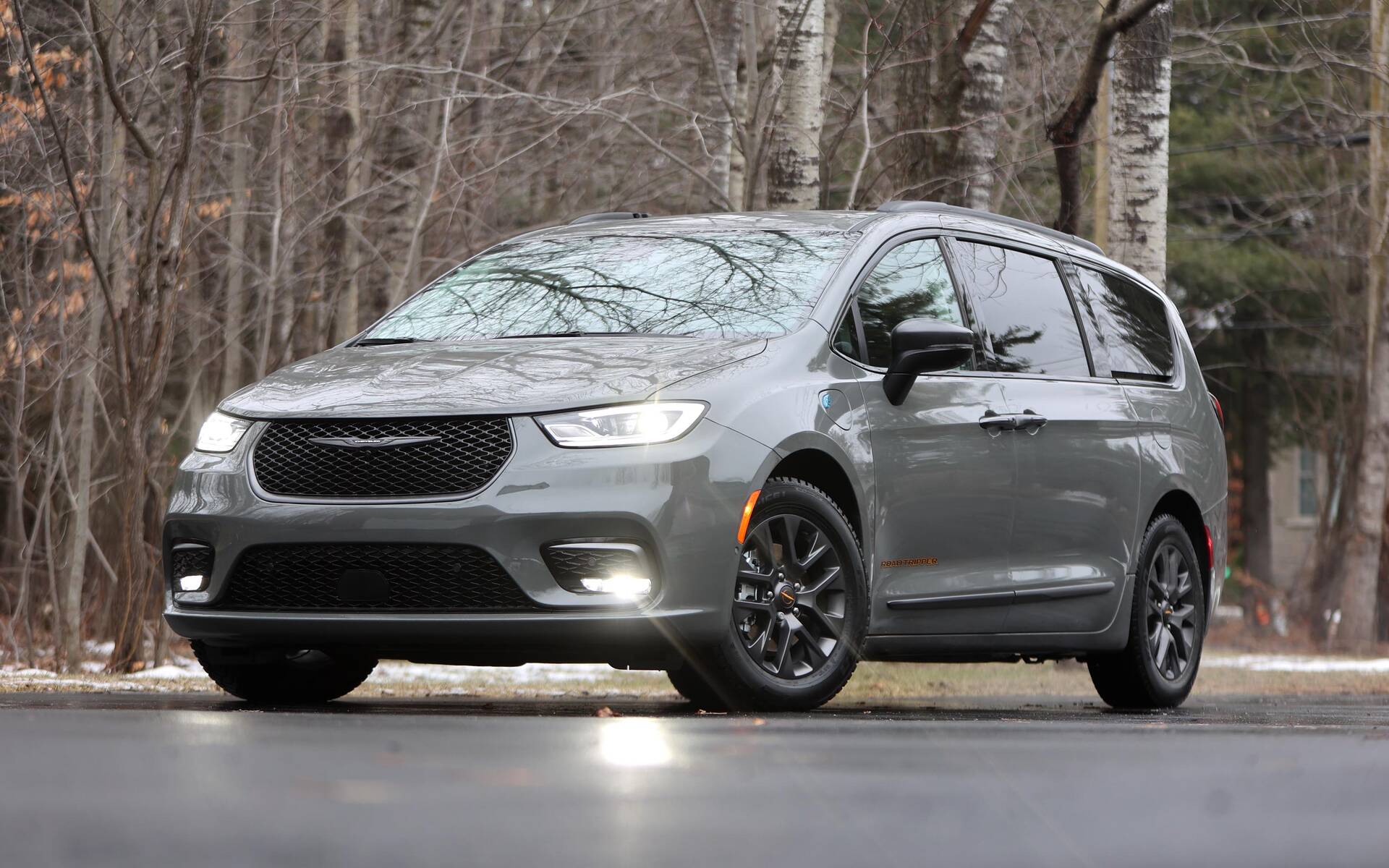
4. Chrysler Pacifica Hybrid
Minivans may not be the sexiest vehicles, but they are criminally underrated for digital nomads—and the Chrysler Pacifica Hybrid is leading the charge. This plug-in hybrid minivan offers a remarkable mix of space, comfort, and tech features that make it an ideal mobile office.
With fold-flat second and third-row seats, the Pacifica can transform into a mobile lounge, sleeping area, or workspace in minutes. Its hybrid engine gives it excellent fuel economy and even allows short all-electric trips for city driving or silent camping.
Inside, the Pacifica boasts luxury-level comfort with options like heated seats, dual-screen entertainment, and multiple USB ports. It also includes advanced driver-assist features and a spacious cabin that can comfortably accommodate two people living or working out of it.
For couples or solo nomads looking for space without committing to a full-size van or RV, the Pacifica Hybrid is the under-the-radar choice.
The ability to charge at home or on the road with standard outlets, plus the option to run in electric-only mode, gives it a unique advantage among nomadic vehicles. Add to that its family-friendly safety ratings and smooth driving experience, and you’ve got a mobile basecamp that works just as hard as you do.
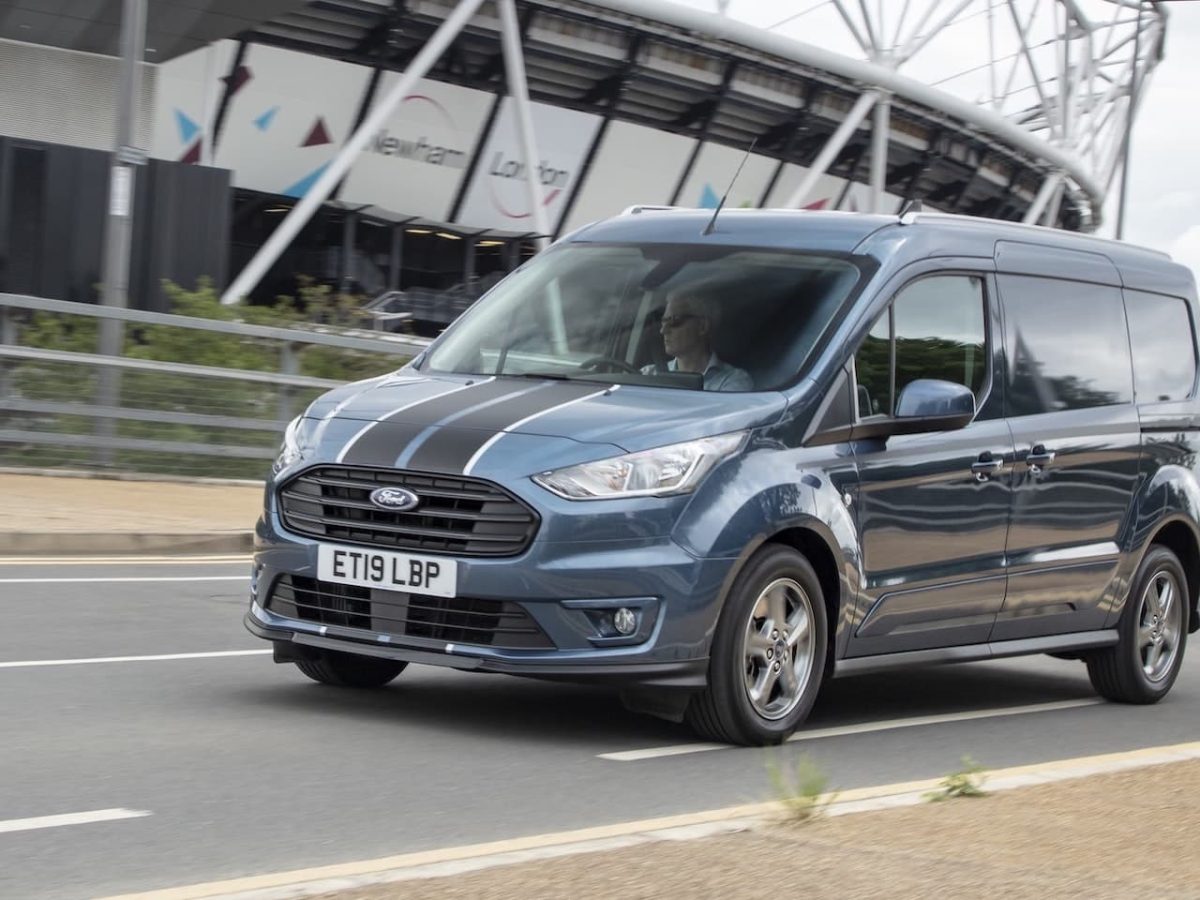
5. Ford Transit Connect
If you love the idea of van life but don’t want the expense or complexity of a full-size build, the Ford Transit Connect is the perfect in-between solution.
This compact cargo van is smaller and easier to drive than traditional vans, but still offers ample space for a solo traveler or couple to live and work on the road. Many digital nomads choose the Transit Connect as the base for custom micro-camper builds, complete with built-in storage, foldable beds, and even slide-out desks.
The Transit Connect offers decent fuel economy for a van and handles more like a car than a truck, making it ideal for city driving as well as open-road exploration.
Tech-friendly features like USB ports, Bluetooth connectivity, and optional rearview cameras make it easier to stay productive. It also offers excellent roof height for such a small van, meaning you don’t need to constantly stoop or crouch to use the back.
If you’re a digital nomad looking to customize your workspace on wheels, the Transit Connect is a blank slate with endless possibilities. It’s also widely available, making repairs and parts easy to come by when you’re far from home.
5 Cars That Aren’t Worth the Effort for Digital Nomads
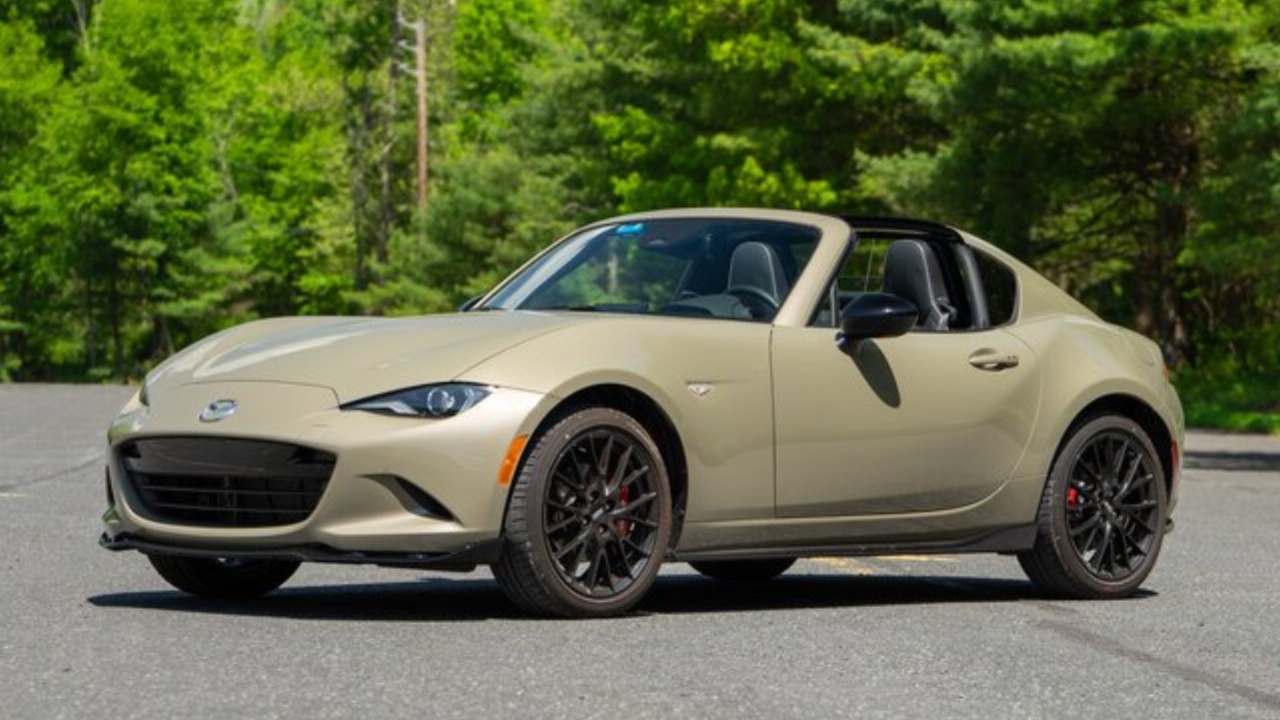
1. Mazda MX-5 Miata
The Mazda Miata is a joy to drive—nimble, fun, and a favorite among sports car enthusiasts—but it’s a terrible fit for the digital nomad lifestyle. Its compact two-seater layout offers zero storage room for gear, let alone the space needed for a sleeping setup or mobile workstation.
There’s barely room for a backpack and laptop bag in the trunk, which makes even basic day-to-day nomadic travel a logistical challenge.
Despite its amazing driving experience, the Miata sacrifices all practicality for performance. Digital nomads need more than just good cornering; they need a reliable workspace, connectivity, and adaptability. The Miata delivers none of those. Even if you plan to stay in Airbnb or hotels, the lack of cargo space can quickly become a frustrating limitation.
Unless you’re planning a minimalist “fit everything in a backpack” trip or use the Miata as a secondary travel car, this sleek sports car simply isn’t built for the digital nomad lifestyle.
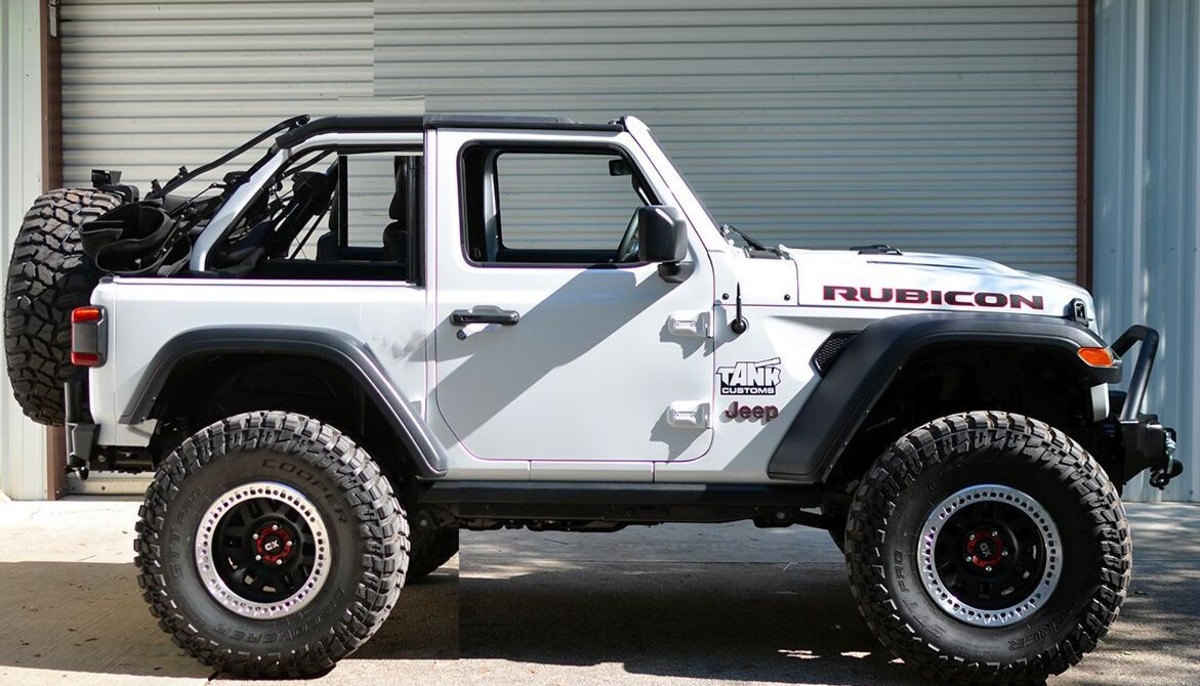
2. Jeep Wrangler (2-Door)
The Jeep Wrangler might seem like the perfect adventurous vehicle for off-grid nomads, but the reality is far less glamorous, especially in the 2-door version.
While it’s certainly capable of getting you into remote places, its lack of fuel efficiency, poor cargo space, and uncomfortable on-road handling make it a poor choice for full-time digital travel. Long drives in a Wrangler can be fatiguing due to noise, rough suspension, and limited seating comfort.
Additionally, the two-door model offers little in the way of interior space. Fitting in a mobile workstation, supplies, or even a sleeping platform is next to impossible. Add in reliability concerns and a high cost of maintenance, and the Wrangler ends up being more of a burden than a benefit for digital nomads.
If you’re seriously considering a Jeep, the four-door version or an entirely different platform might serve you better. For full-time road life, function should come before rugged aesthetics.
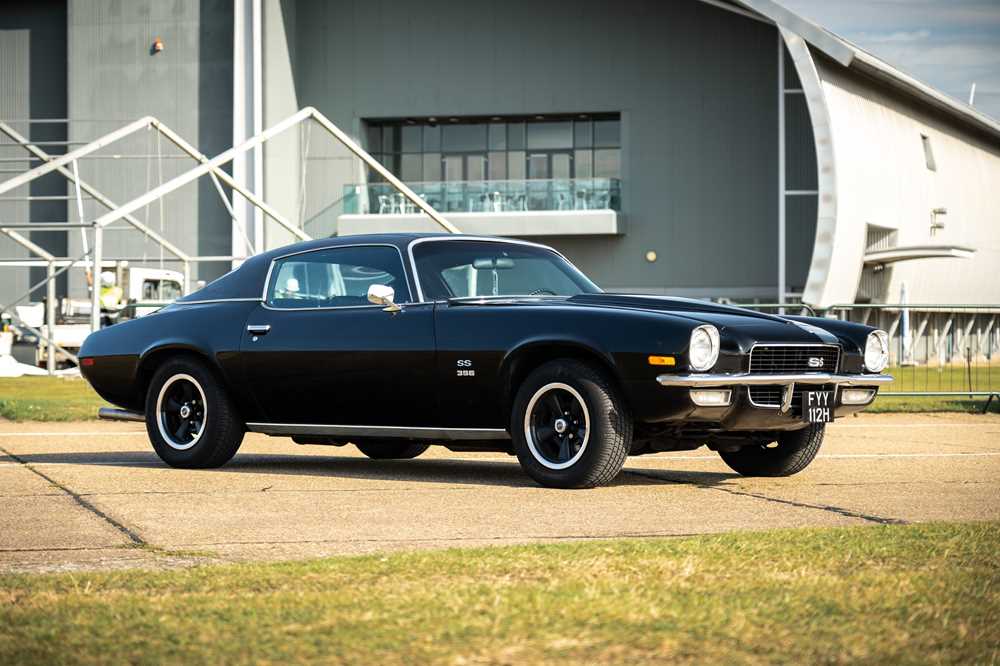
3. Chevrolet Camaro
The Chevrolet Camaro is flashy and fun, but it falls short in nearly every category that matters to a digital nomad. Its tiny trunk, low ride height, and cramped interior make it uncomfortable for long drives and practically useless for carrying the gear and tech needed for remote work. Poor rear visibility and a low roofline also make it impractical for any kind of vehicle-based living.
On top of that, Camaros typically come with high insurance premiums and maintenance costs—bad news for nomads trying to budget for long trips or remote stays. While the idea of rolling through the desert in a sports car may sound thrilling, the day-to-day reality quickly becomes a logistical headache.
Digital nomads are better off choosing a vehicle that emphasizes comfort, space, and versatility over raw horsepower and street appeal.
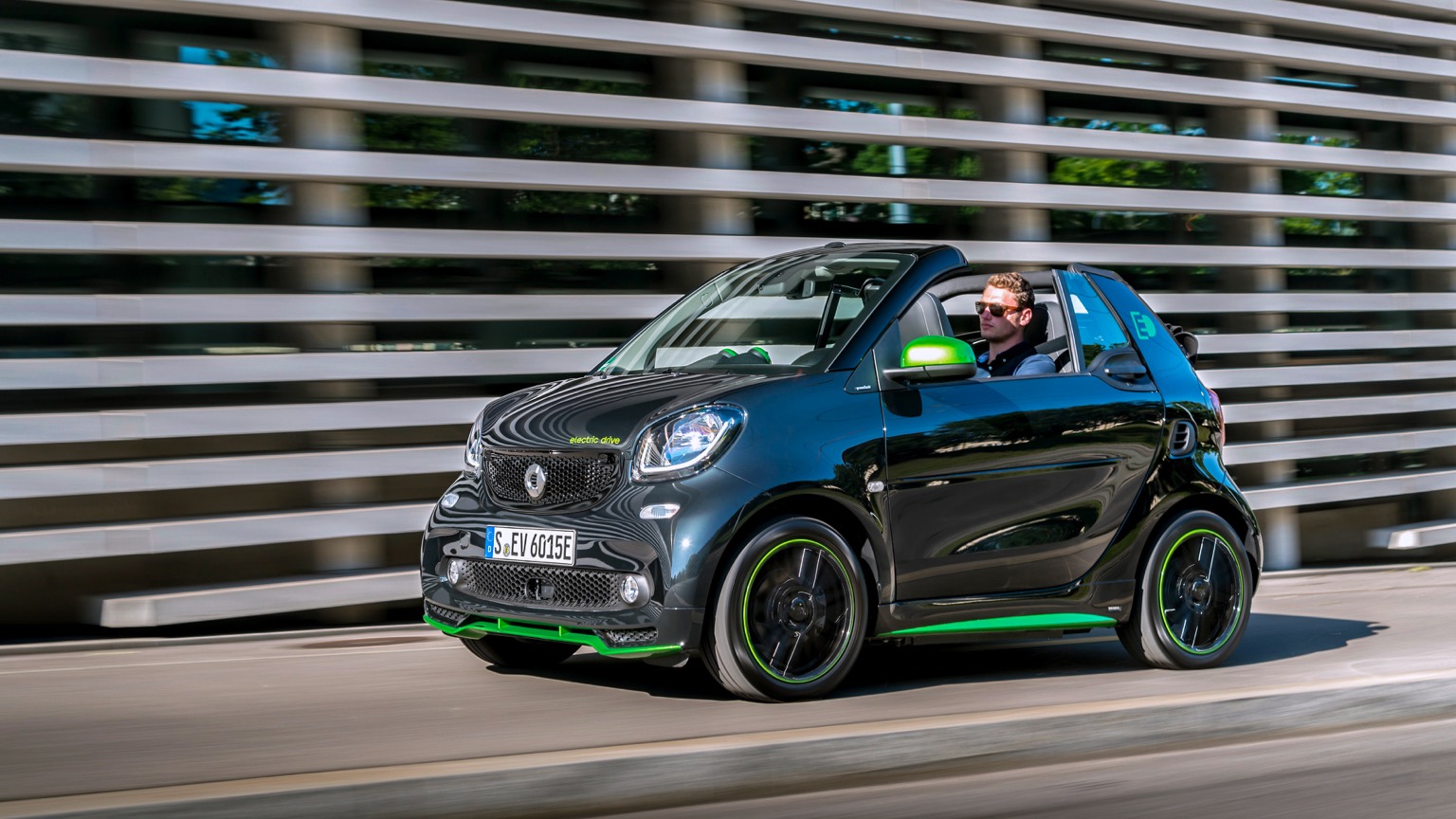
4. Smart Fortwo
The Smart Fortwo is the city car, but for life on the open road, it’s a complete misfit. The Fortwo offers seating for two and practically no cargo space—enough for groceries, perhaps, but certainly not for the gear needed by a modern digital worker. With limited room for upgrades, storage, or even a comfortable ride, it simply can’t keep up with the demands of mobile living.
Additionally, its short range and limited highway capability mean that long-distance trips are more stressful than they should be. You’ll find yourself stopping frequently for fuel or feeling unsafe at high speeds. While it’s easy to park in urban settings, the car lacks the adaptability needed for remote work, camping, or multi-day excursions.
If you’re planning to travel and work from the road, this car doesn’t provide the freedom or functionality required for the journey.
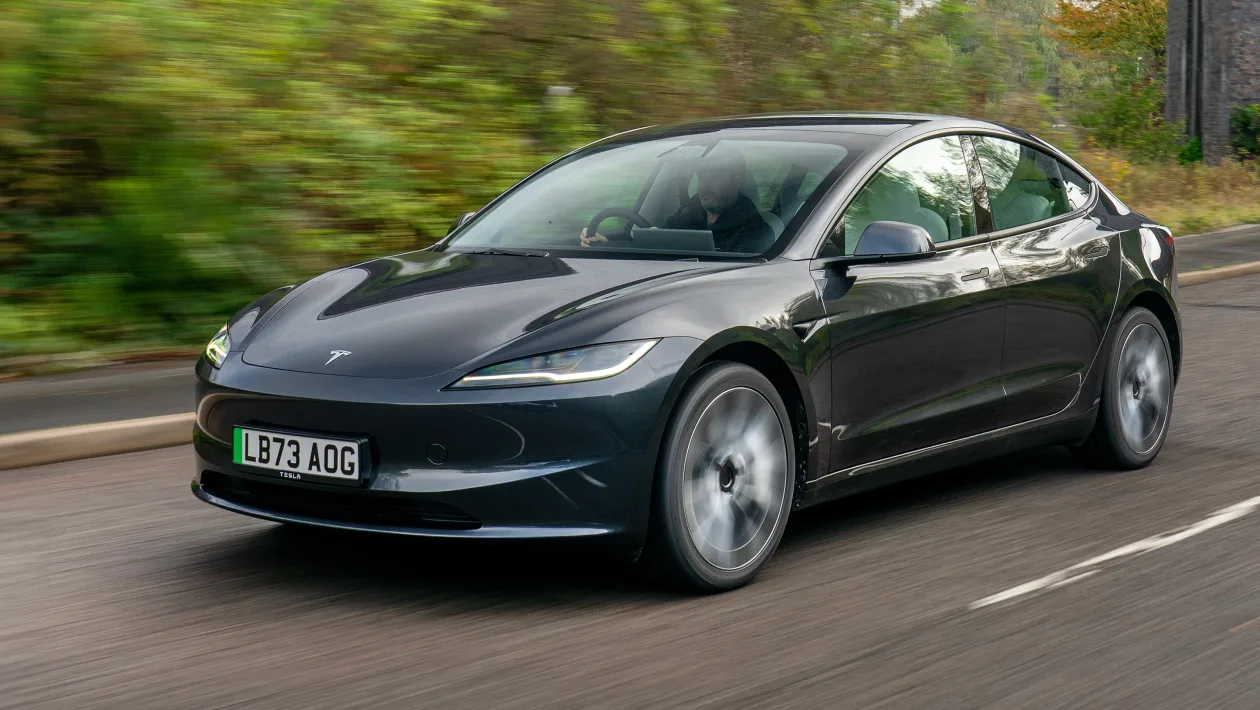
5. Tesla Model 3
On paper, the Tesla Model 3 seems like a dream vehicle for a digital nomad: futuristic, packed with tech, and zero emissions. But in practice, it comes with a host of limitations that can make life on the road difficult.
The biggest drawback is charging infrastructure—while it’s rapidly expanding, there are still many remote places where chargers are few and far between. This creates anxiety and unnecessary planning hurdles for nomads who like to explore off-grid locations.
Additionally, the Model 3’s trunk space and interior layout don’t lend themselves to a nomadic lifestyle. It’s great for short-term travel or city life, but the inability to sleep comfortably or carry extra gear reduces its long-term functionality. Repairs and maintenance can also be more difficult and expensive compared to traditional gas vehicles, especially when you’re far from a service center.
If your travels keep you close to major cities, it may work, but for those seeking true freedom and flexibility, the Model 3 doesn’t quite make the cut.
Also Read: 5 Cars That Still Drive Smoothly at 300K Miles and 5 That Don’t Last
Choosing the right vehicle as a digital nomad can shape your entire lifestyle, from productivity to peace of mind. Cars like the Toyota RAV4 Hybrid, Subaru Outback, and Chrysler Pacifica Hybrid strike the perfect balance between comfort, connectivity, and practicality.
Meanwhile, flashy or cramped vehicles like the Chevrolet Camaro or Smart Fortwo may look cool but fall short when it comes to real-world usability.
The road is your office, your escape, and your home. Make sure the vehicle you choose works just as hard as you do.

